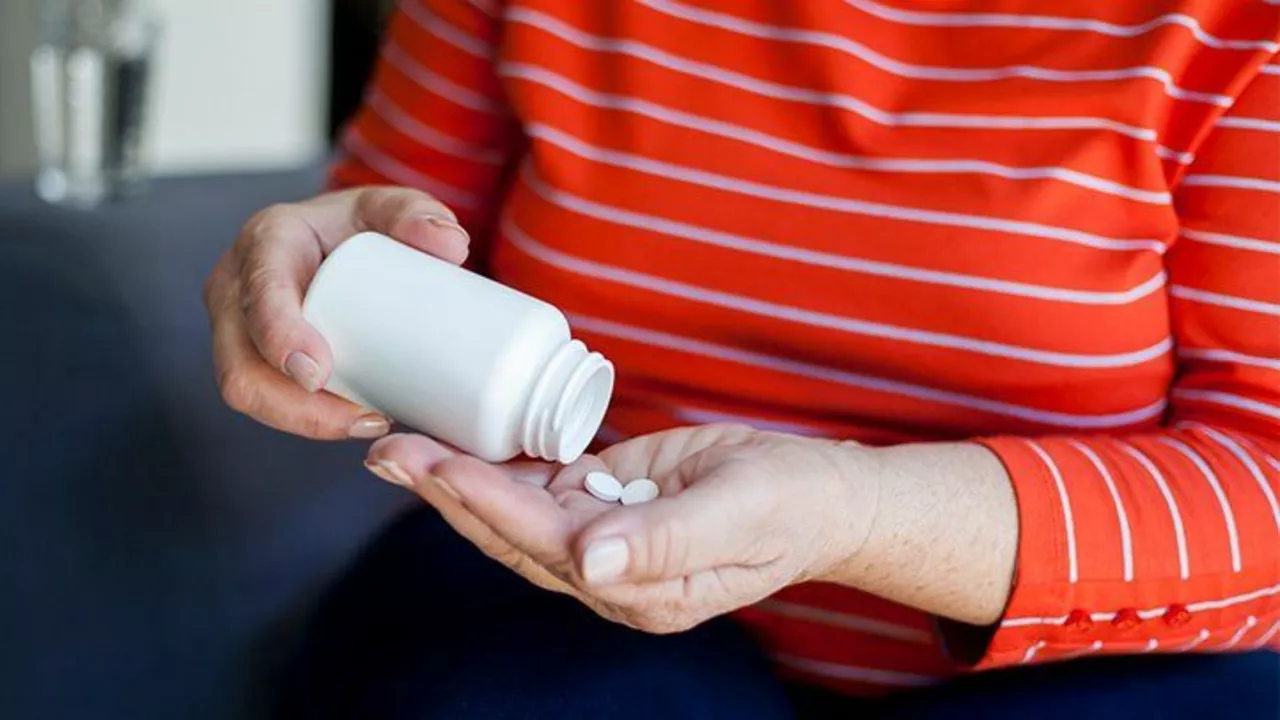Stopping a medicine or drug abruptly can hit you hard. Sometimes it feels like bad flu. Other times you get anxiety, tremors, or nasty stomach problems. Those are withdrawal symptoms — your body reacting after regular exposure to a substance suddenly stops.
Symptoms vary by drug, but some patterns repeat. Opioid withdrawal often starts within 6–72 hours and brings yawning, sweating, diarrhea, muscle aches, and anxiety. Benzodiazepine withdrawal can take a day to several days and may include insomnia, panic, tremors, and in severe cases seizures. SSRI/SNRI discontinuation shows up as dizziness, electric-shock sensations, nausea, and mood swings within days to weeks. Alcohol withdrawal can be dangerous: mild tremors at first, but severe withdrawal (seizures, delirium tremens) may need emergency care.
Other meds cause specific rebound effects. Stopping beta-blockers suddenly can raise heart rate and blood pressure. Quitting proton-pump inhibitors may bring heartburn worse than before for a few weeks. Even over-the-counter drugs or supplements can cause symptoms after long use.
First rule: don’t stop suddenly without talking to a clinician. A safe taper usually reduces the dose slowly over weeks or months depending on the drug and how long you’ve used it. Your prescriber can set a taper schedule that fits your situation.
If tapering doesn’t work, doctors sometimes switch to a longer-acting drug and taper that instead. For opioids and alcohol, supervised programs and specific medications (like methadone, buprenorphine, or naltrexone for opioids; benzodiazepines or other supports for alcohol) reduce risks. For antidepressants, a slow dose cut or spacing doses can ease discontinuation symptoms.
Simple self-care helps: stay hydrated, eat small regular meals, keep a sleep routine, and use relaxation techniques for anxiety. Over-the-counter remedies — acetaminophen or ibuprofen for aches, loperamide for diarrhea — can ease discomfort, but check with your pharmacist first.
Watch for danger signs: high fever, severe confusion, chest pain, breathing trouble, seizures, or suicidal thoughts. If these happen, get emergency care right away.
Withdrawal can mimic your original condition. Mood swings or anxiety after stopping an antidepressant might look like a relapse. That’s why follow-up with your prescriber matters. Bring a list of symptoms, timing, and doses — it makes their job easier.
Need help finding next steps? Talk to your doctor, pharmacist, or an addiction specialist. Support groups and counseling make a big difference. On this site you’ll find guides on tapering common drugs and safer stopping strategies. If you’re worried now, reach out to a healthcare professional — don’t go it alone.

In my latest blog post, I discussed how to manage Cabergoline withdrawal symptoms effectively. I found that gradually tapering off the medication, rather than stopping abruptly, can help reduce the severity of withdrawal symptoms. It's also important to maintain open communication with your healthcare provider throughout the process, as they can offer valuable advice and support. Additionally, staying hydrated and practicing relaxation techniques can help alleviate some of the physical and emotional discomfort during this challenging time. Overall, patience and self-care are key factors in managing Cabergoline withdrawal symptoms.
View more